
We need climate change accounting now
Richard Murphy, PEF Council Member, member of the Green New Deal Group and Director of the Corporate Accountability Network, writes for the PEF blog on the urgent need for sustainable accounting.
Council Members
Secretariat
Guest Authors

Richard Murphy, PEF Council Member, member of the Green New Deal Group and Director of the Corporate Accountability Network, writes for the PEF blog on the urgent need for sustainable accounting.

All great thinkers run the danger of misinterpretation, in part because they tend to leave their innovative ideas incomplete due to the newness of those ideas. Misinterpretation also results from

This article reviews some of the issues concerning industrial policy that were aired in the interwar period. The debate needs to be revived, revisited and, where appropriate, revised to suit the present day, but on basic principles there is much to learn from the interwar discussions.

PEF Council Coordinator John Weeks writes for the blog to introduce his series ‘Principals of Macroeconomics’, with this piece exploring the definitions of economics.

‘Over five decades the principle that capitalist economies required active, continuous management by national governments established itself as policy orthodoxy, then the consensus abruptly ended.’ PEF Council Coordinator John Weeks reminds us what Keynes taught us about managing capitalism.
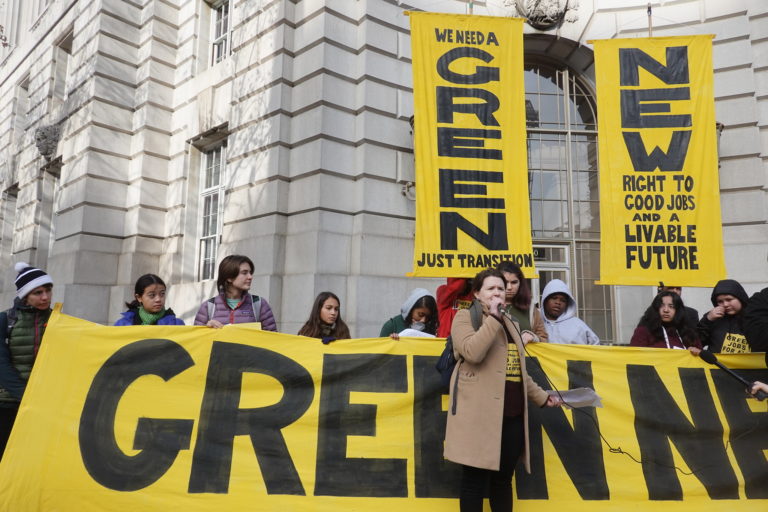
Richard Murphy, one of the Green New Deal’s original co-authors, outlines how he would finance green transformation – and build a fair economy for all at the same time.
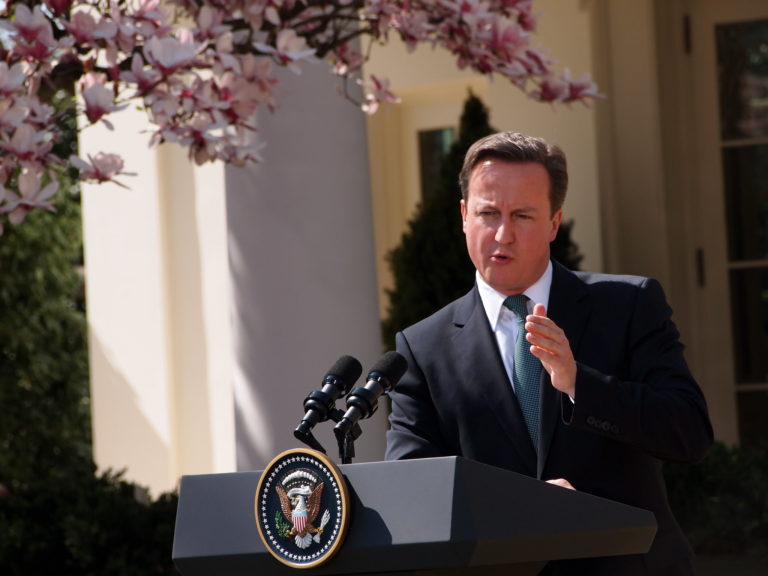
The idea that a contraction in public spending could be more than replaced by private investment and enterprise – so-called “expansionary fiscal contraction” – is at best highly controversial.

Two articles on the same day on austerity by Financial Times journalists Chris Giles and Delphine Strauss demonstrate political orientation generating political bias.

‘In my new book, Austerity, we step back from the emotional reactions on both sides of the debate; and we carry out a much more forensic analysis, following the evidence – and only coming to a conclusion when all of it has been carefully sifted and considered’.
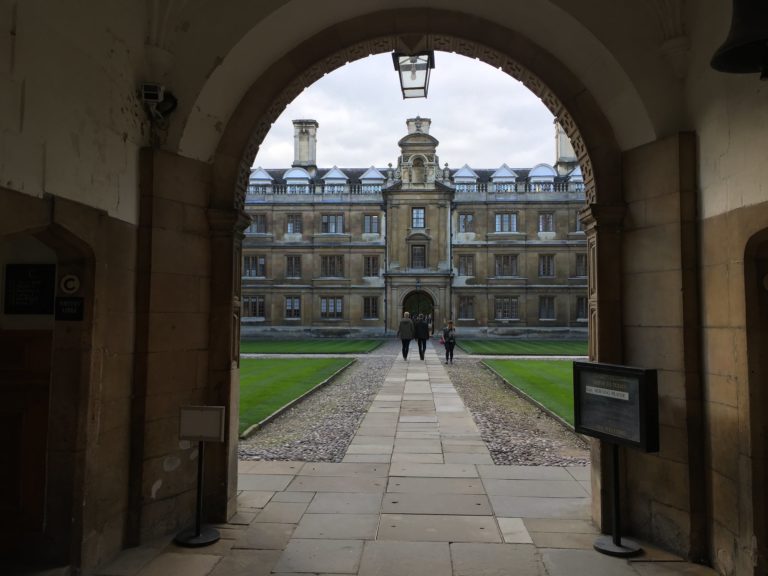
Neoclassical economics has always relied on a positivist approach to economic issues, presenting economists as being non-ideological and free from bias. Yet ideology is embedded in economics departments all over the world.

Of the nineteen UK governments since the Second World War, only two have torn up the rule book and tried to build a better future, instead of simply recycling the

In the runup to the publication of the new, third edition of his book ‘Inequality and the 1%’, Danny Dorling writes for the PEF blog on New Labour and the recent history of inequality in the UK.
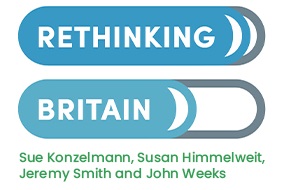
What if we had a government prepared to implement the policies that could radically change 21st-century Britain and improve people’s lives? A new book from PEF and PRIME explores those policies.

“The Office of National Statistics recently released the public debt numbers for the second quarter of this year. As I show in my forthcoming book, Debt Delusion, the media and politicians misrepresent few public policy issues as frequently as they do the public debt. The misrepresentations begin with the basics, failure to treat the debt as an asset as well as a liability.”
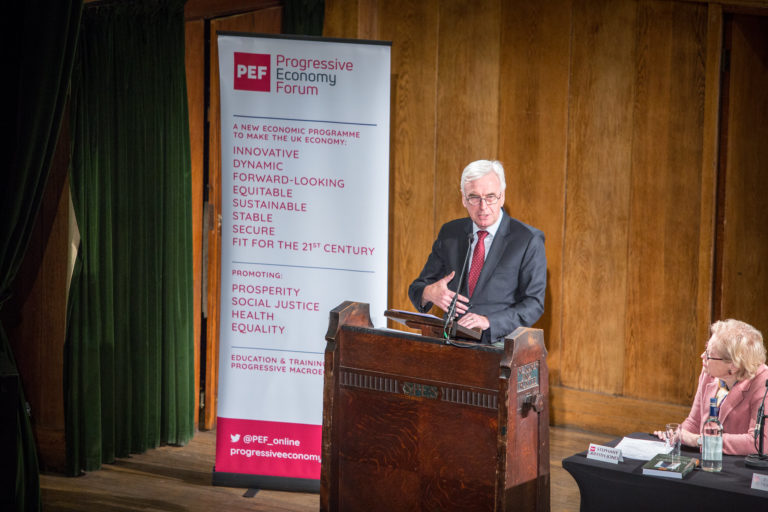
“The United Kingdom is an outlier amongst developed and emerging economies, especially the most successful ones, in not having a national development bank.”

“Any incoming progressive government will face massive social challenges. Leaving aside green issues, the biggest of these will be the income and wealth inequality that is crippling our society and leaving many in poverty.”

“The financial and legal barriers to an ambitiously sized British NIB are not as challenging as might have been thought. Given this, whatever happens in regard to Brexit, it would seem the time is right to create such an institution to support British industry and help create a more investment-led growth model.”

“Support for national and multilateral development banks has grown worldwide in the decade since the global financial crisis. And the continued success of national development banks (NDBs), in particular, will be vital to achieve more sustainable economic growth in the future.”

How might a Green New Deal be imagined in the UK context? And what are the challenges that would face advocates of the GND given the current political and institutional climate?

“In recent years, even organisations like the IMF and the World Economic Forum have recognised the dangers of inequality. In particular, they have both drawn attention to both the high and rising inequality caused by austerity, and its damaging effects on both social cohesion and economic growth.”

“The Green New Deal is being championed in the USA as a solution to the joint problems of climate change and economic inequality. But what exactly is it, and what is its wider significance?”

“The persistence of austerity as an idea and a policy therefore owes far more to human emotions – or, as Keynes branded them, “animal spirits” – than it does to sound economics.”

“Despite the multiplier’s effect on the change in real GDP being relatively straight-forward to calculate – once you know what it is – arriving at an accurate estimate of the current multiplier is very difficult; and forecasting it borders on the impossible.”
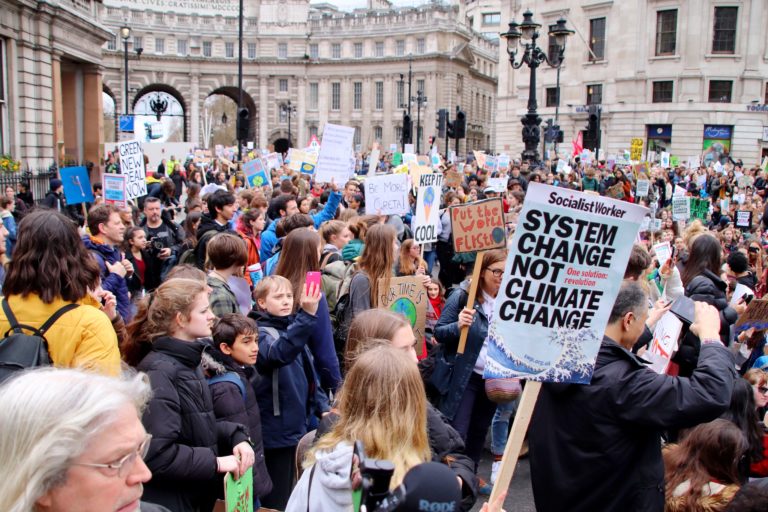
“If we are to survive earth systems breakdown, then we must begin by transforming the Treasury and by removing the politicians that threaten the futures of today’s younger generations.”
© copyright Progressive Economy Forum & respective authors.
To see how we use cookies on this website, view our Privacy Policy.
We use cookies to personalise your experience, by using our website you agree to the terms and conditions set out in our privacy policy.